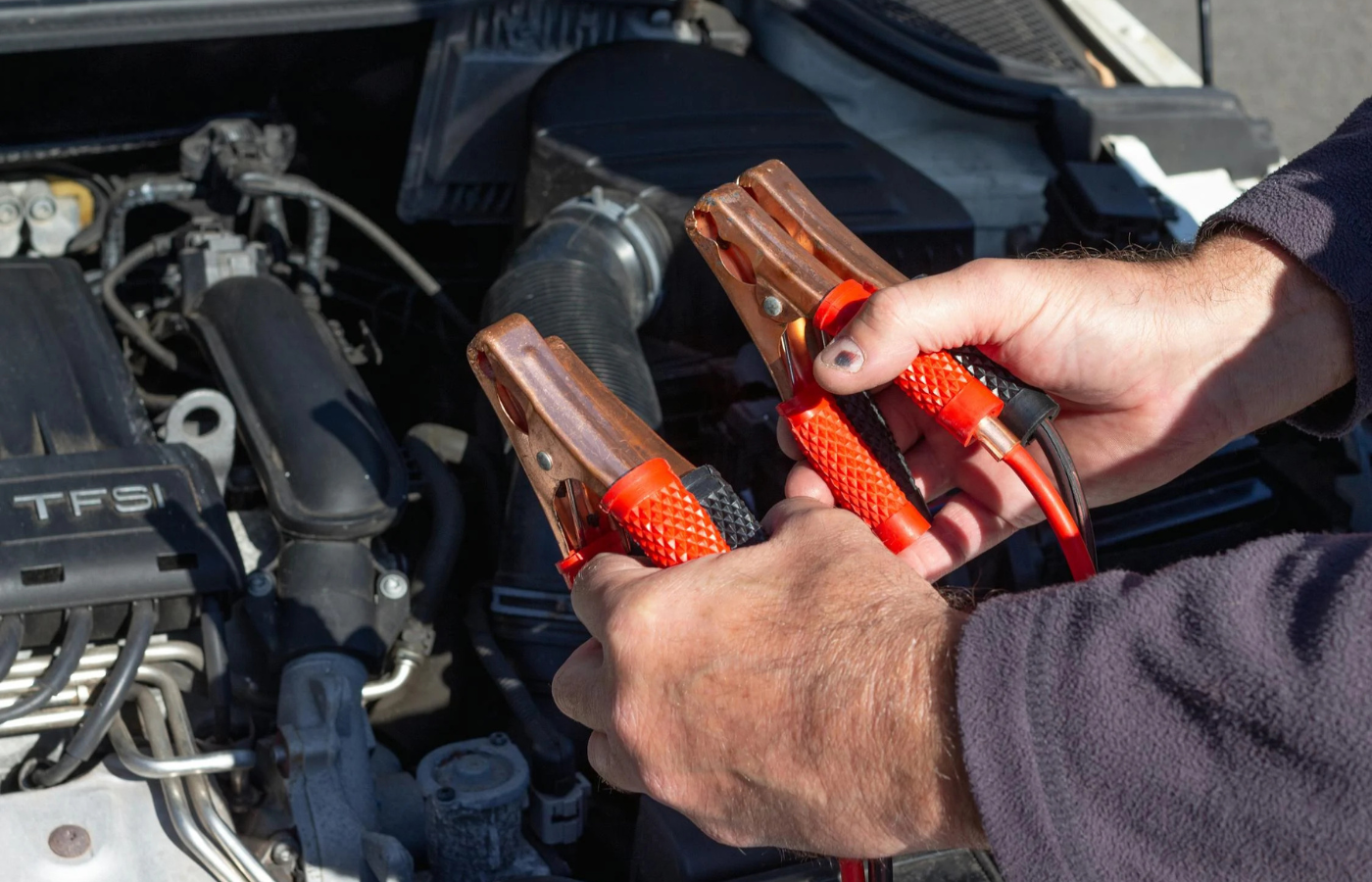Car advice comes from everywhere—your dad, your neighbor, some guy on the internet. But not all of it holds up. In fact, a lot of what people think they know about cars is outdated, misleading, or just plain wrong.
Mechanics see the damage these myths can cause every day. So we’re setting the record straight. Here are 10 car myths that mechanics wish you’d stop believing—for your car’s sake and your wallet’s.
1. You Need an Oil Change Every 3,000 Miles
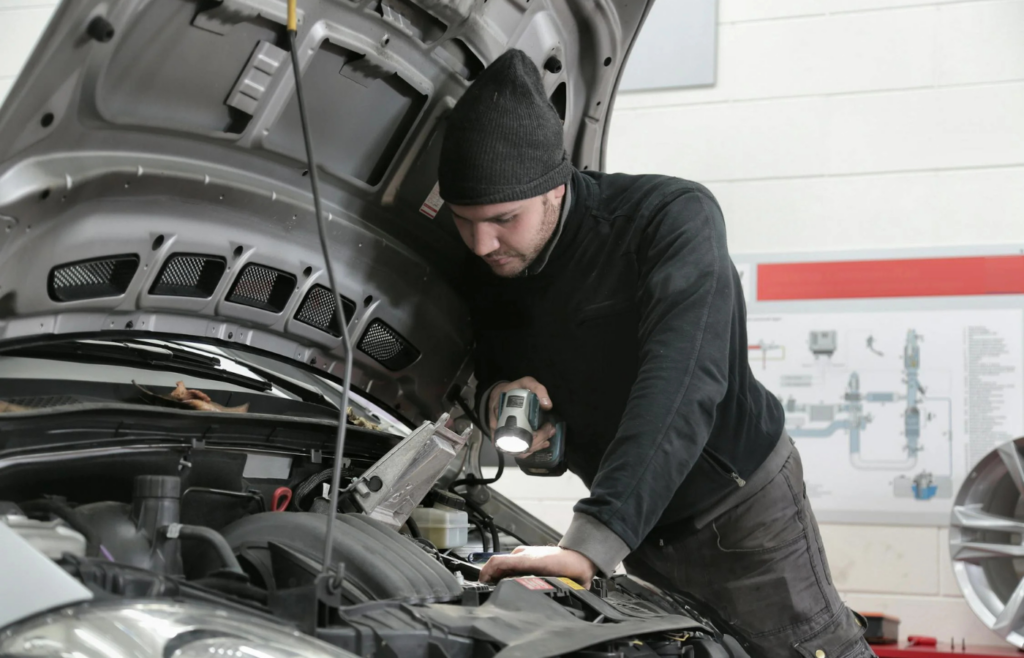
That might’ve been true in the ‘90s, but not anymore. Most modern cars can go 5,000 to 10,000 miles—or more—between oil changes, depending on the oil type and driving conditions.
Check your owner’s manual or digital service guide. Sticking to the old rule wastes time, money, and oil. Mechanics would rather you follow the facts, not a blanket number.
2. Premium Gas Is Better for Every Car
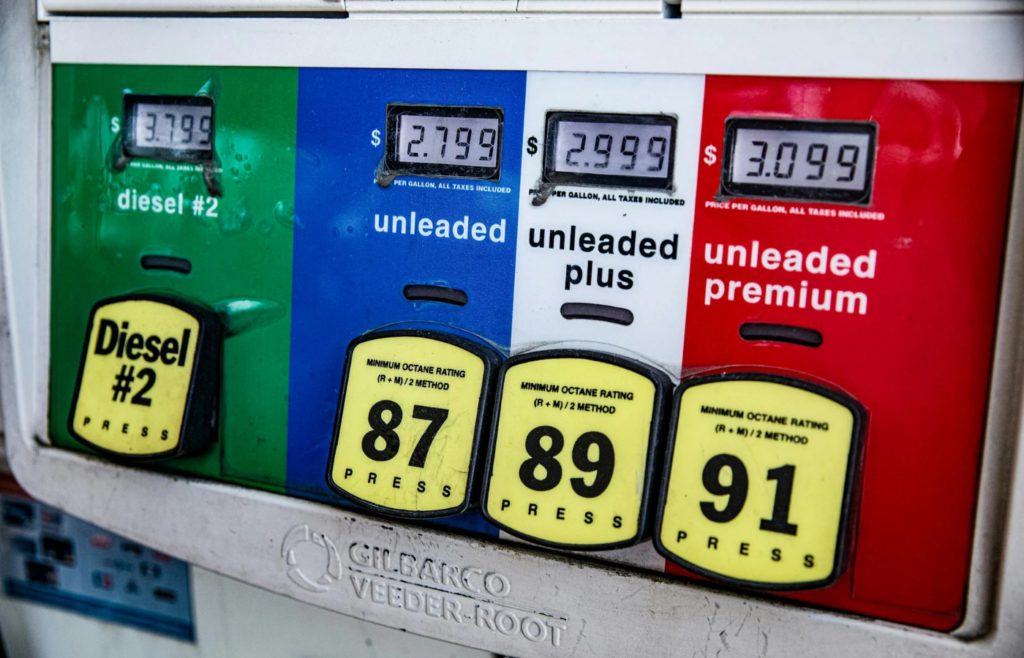
If your car doesn’t require premium fuel, don’t bother. It won’t boost performance or fuel economy—it’ll just cost you more at the pump.
Unless your vehicle has a high-compression engine or turbocharger designed for higher octane, regular gas is perfectly fine. Mechanics hate seeing people throw away money for no gain.
3. You Should Warm Up Your Car for 10 Minutes Before Driving

It’s a leftover habit from older engines. Today’s cars don’t need long warmups—just 30 seconds is usually enough. Idling too long actually wastes fuel and adds unnecessary wear.
The best way to warm up your car is to drive it. Take it easy for the first few minutes, and your engine will warm faster and more efficiently.
4. You Can Wash Your Car Too Much

Frequent washing doesn’t harm your car’s paint—bad washing does. If you use the right materials and methods, washing regularly actually protects your finish from dirt, salt, and grime.
Mechanics and detailers agree: skipping washes causes more long-term damage than doing it right and often.
5. Bigger Vehicles Are Always Safer

While larger vehicles tend to do better in collisions with smaller ones, that doesn’t mean they’re automatically safer. Safety depends on design, crash test ratings, and driver behavior.
Modern small cars can outperform bigger ones in crash tests, thanks to crumple zones, airbag systems, and smart safety tech. Size doesn’t always mean safer.
6. You Have to Go to the Dealership for Service or You’ll Void the Warranty
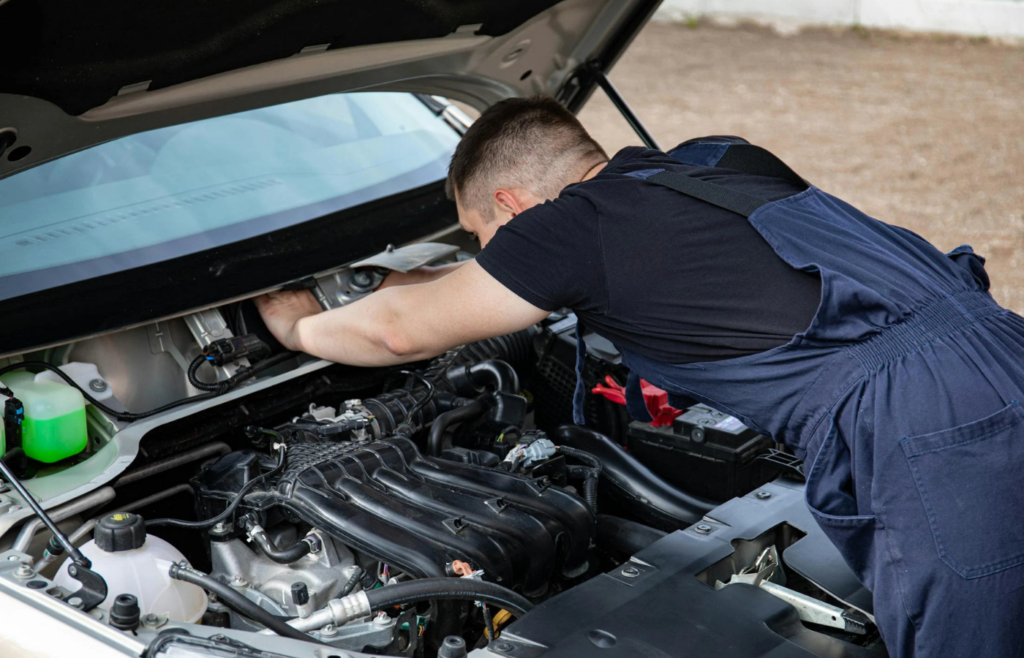
False. You can go to any licensed mechanic as long as you follow the manufacturer’s maintenance schedule and keep records.
The Magnuson-Moss Warranty Act protects you from being locked into dealer-only service. Mechanics wish more people knew they have options—and could often save money.
7. Check Engine Light = Major Problem

A check engine light could mean anything—from a loose gas cap to a serious issue. Don’t panic, but don’t ignore it either.
Mechanics have tools to read the code and diagnose the real problem. Waiting too long can turn a cheap fix into a pricey one, even if the light seems harmless.
8. You Should Inflate Tires to the Number on the Sidewall
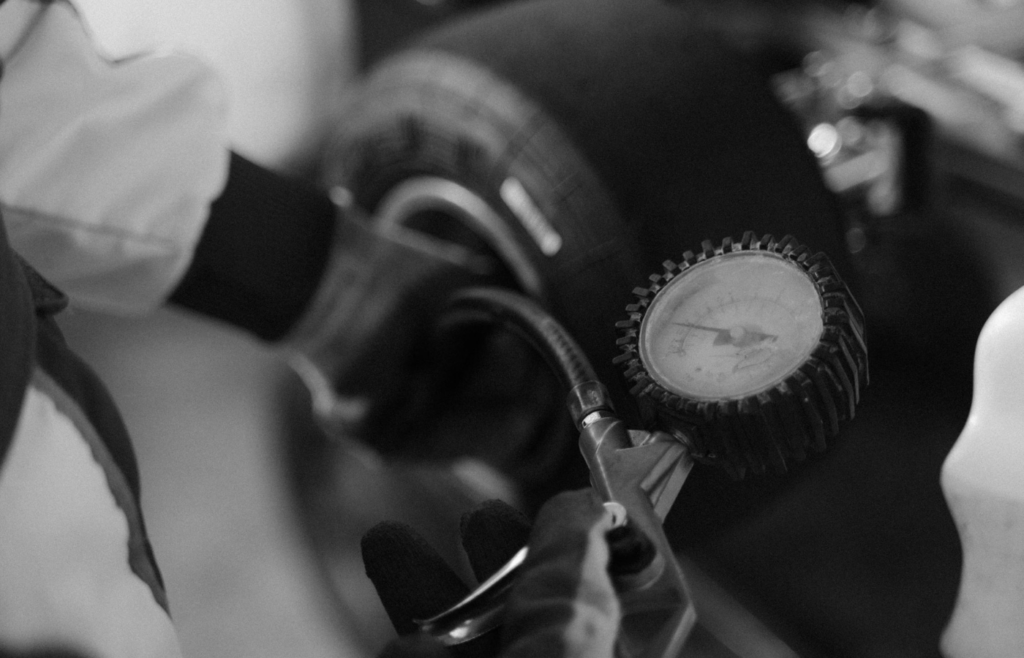
The number on the tire is the maximum pressure—not the recommended one. For proper inflation, check the sticker inside your driver-side door or your owner’s manual.
Overinflated tires can reduce traction and wear unevenly. Mechanics constantly see tire problems caused by this simple misunderstanding.
Read More: The Unexpected Costs of Owning an Electric Car in 2025
9. All-Wheel Drive = Invincible in Snow

All-wheel drive helps with traction when accelerating—but it doesn’t help you stop. It also doesn’t replace good tires.
Mechanics stress this all winter: AWD isn’t a substitute for snow tires or careful driving. Too many drivers learn this lesson the hard way.
Read More: 10 Trucks So Tough They Might Outlive You
10. Your Car Battery Will Last 5+ Years No Matter What
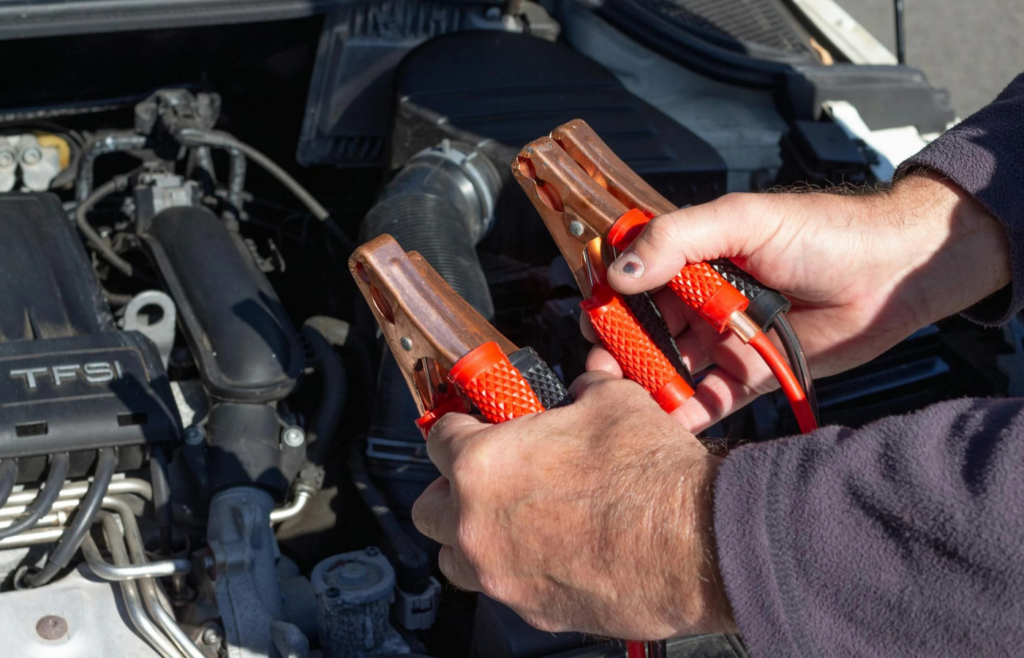
Some do—but many don’t. Heat, cold, short trips, and age can drain your battery faster than you think. Most car batteries last 3–5 years max.
Mechanics recommend testing your battery once it hits year three—especially before winter. Don’t wait for it to fail in a parking lot during a snowstorm.
Knowing what not to believe can save you stress, money, and breakdowns. So skip the myths, trust your mechanic, and give your car the care it actually needs—not just the stuff you heard in high school.
Read More: 10 Wild (But Realistic) Predictions for the Next 50 Years of Automotive Tech

